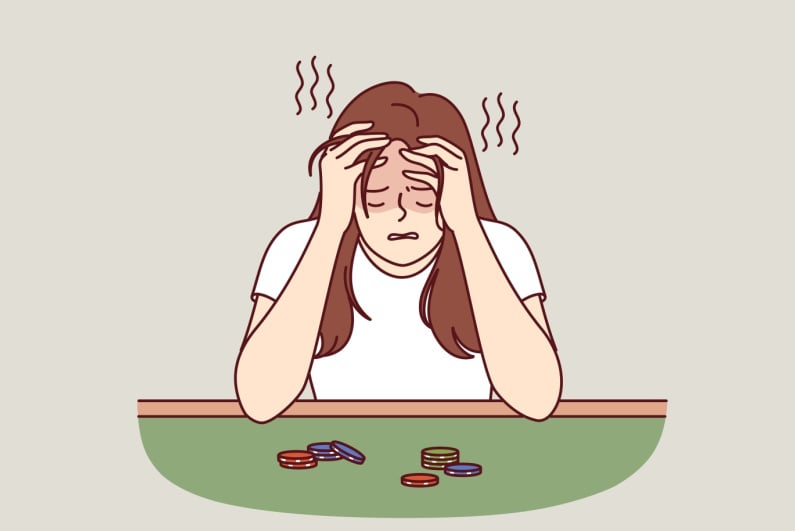Children in Ireland have easy access to gambling because there are not enough proper checks, according to a new study.
Saint John of God Hospital in Dublin has found that most online gambling operators who offer services exclusively to Irish citizens do not have proper security checks in place to ensure that gamblers are over 18 when registering.
First survey of its kind
The survey was carried out by the addiction service at Saint John of God Hospital in Dublin and was headed by gambling expert Colin O’Gara. Published in the International Journal of Mental Health and Addiction, the findings reveal a flaw in the registration methods used by a large number of operators that allows users to register and play regardless of their age. The study reviewed 39 of the most popular gambling sites operating in Ireland and found that 37 of those sites did not require any proof of identity in order to open an account or to start gambling.
The flaw means that anyone can open an account, making it easy for children to start playing, as well as for someone who had previously asked to have their access restricted because of addiction. The survey also compared Irish websites to those based outside of the country and found that the Irish sites were less secure than their international counterparts. The removal of checks could also be a cause of concern concerning data protection and tax matters due to the lack of user traceability.
Industry criticism
Following the publication of the survey, industry insiders have come forward to criticize the current level of protection required of gaming operators in Ireland. Fianna Fail TD Jack Chambers said the result amounted to “further evidence that strong regulation is urgently required.”
Regulation of the gaming market in Ireland has been under scrutiny for over a decade. In 2003, Fine Gael put forward the Gambling Control Bill, which would introduce additional regulations for the gambling industry, but little progress has been made toward implementing the measure.
The document was under parliamentary scrutiny three years ago and remains under an interdepartmental review. Fianna Fail later presented a separate document that was broadly based on the original Fine Gael proposal. Chambers said that Junior Justice Minister David Stanton should “stop being bullied” and push through the regulatory updates. Chambers is concerned that young people’s lives are being negatively affected by the easy access to online gambling, and the longer before the legislation is passed, the worse the problem may become. He referred to the gambling market in Ireland as a “Wild West sector.”
A survey commissioned by Problem Gambling Ireland found that 67% of all secondary schoolchildren interviewed had gambled in the previous week. Barry Grant, chief executive of the charity, said that even when a website does carry out age checks, they generally have a 72-hour grace period during which players can take part in gambling activities before proof of identification is required.
Starting to bet at 14 years old
The report comes just weeks after Problem Gambling Ireland called for the Government to establish a regulatory body to protect vulnerable people from the risks of online gambling. According to the charity, children as young as 14 are gambling, with young men being particularly at risk.
Grant said of the findings: “Quite often a lot of young men, in particular, would start at that age, maybe doing the odd football accumulator in the bookies and then moving on to online, and then getting into a place where they are gambling all hours of the day or night. It’s very easy. We’re the biggest online gamblers on the planet, we are also the biggest mobile internet users on the planet, so when you combine those two things, it’s very easy to develop a gambling problem very quickly.”
Campaigners are growing impatient because of the delays in getting gambling regulations passed in the country, and charities such as Problem Gambling Ireland as well as addiction specialists, including the team at Saint John of God Hospital, hope that shocking findings such as these push the government to introduce stronger regulations quickly.



